


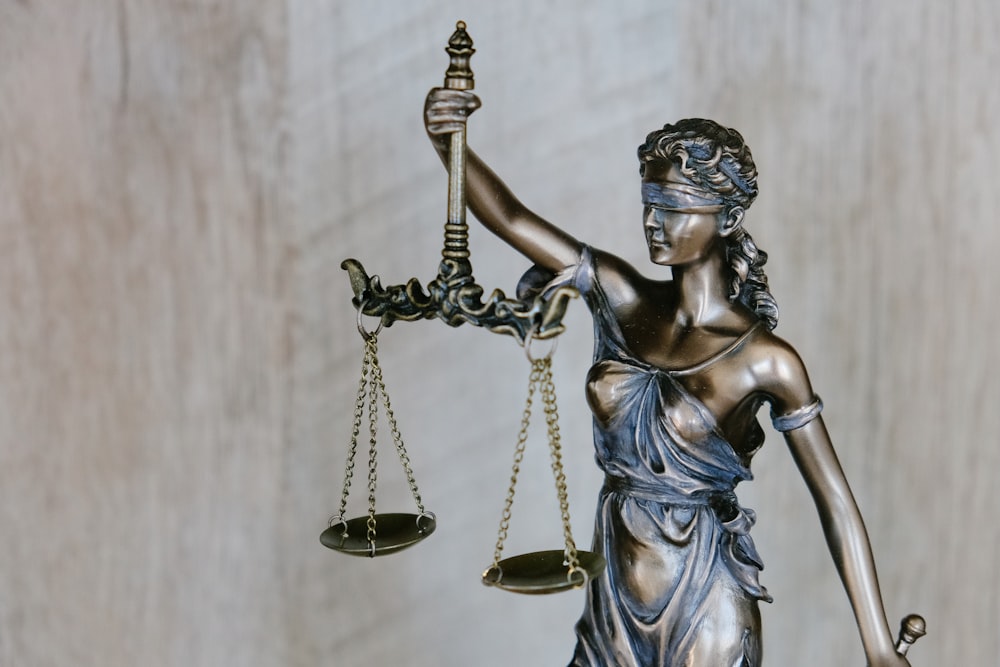
In this unit you will learn about the function of courts, parliaments and markets and how these forces work together in Australia. Read through the resources below and click through the topics in the tabs above to learn more.
The official website of the Parliament of Australia. Includes lots of useful resources and lists of current Senators and Members.
The Federal Court of Australia was created by the Federal Court of Australia Act 1976 and began to exercise its jurisdiction on 1 February 1977. The Court is a superior court of record and a court of law and equity. It sits in all capital cities and elsewhere in Australia from time to time. This website provides more information about the Federal Court and its powers.
The primary source for Victorian legislation. Find Bills considered by Parliament, Acts of Parliament and statutory rules.
Find government information about law and justice in Victoria including births, deaths and marriages, consumer rights, statutory declarations and legislation.
The Law Institute of Victoria provides information about legal careers and resources for people working in the legal or justice system.
The Victoria Law Foundation provides information on the legal and justice system in Victoria for members of the community, as well as advocating for equity in the system.
The official website for the Parliament of Victoria. It includes an Education Zone with lots of resources about parliament.

Appeal: involves a party in a lower court decision asking a higher court to change that decision in some way (most often, to have the opposite decision made). Although in lower courts appeals might be made from a single judge of a court to a larger panel of judges within that same court, appeals in the High Court are in practice always determined by a ‘Full Court’ of five to seven Justices. As the final court of appeal in Australia, the High Court has the power to hear and determine appeals from all judgments, orders, decrees and sentences handed down by a single Justice, a federal court, or a state Supreme Court. However, there is no automatic right to appeal to the High Court: a party must successfully apply for Special Leave, and the decision to grant or refuse that leave lies with (typically) just two judges of the High Court.
Bills/laws: a bill is a legislative proposal for enactment of a law. It is called a bill until it is passed and signed at which time it is a law
Black rod: the Black Rod is a ceremonial object carried by the Usher of the Black Rod while doing Senate work, such as escorting the President of the Senate into and out of the Senate to start and finish each sitting day, standing guard during a division when all Senate doors are locked and delivering messages or bills from the Senate to the House of Representatives..
Charge: a formal accusation of criminal activity.
Citizen: a legally recognized subject or national of a state or commonwealth, either native or naturalized.
Citizenship: a relationship between an individual and a state to which the individual owes allegiance and in turn is entitled to its protection.
Civil law: the system of law concerned with private relations between members of a community rather than criminal, military, or religious affairs.
Comparative advantage: an economy's ability to produce a particular good or service at a lower opportunity cost than its trading partners.
Constitution: a body of fundamental principles or established precedents according to which a state or other organization is acknowledged to be governed.
Criminal law: a system of law concerned with the punishment of offenders.
Demand: the quantity of a good that consumers are willing and able to purchase at various prices during a given period of time.
Democracy: a form of government in which the people have the authority to deliberate and decide legislation, or to choose governing officials to do so.
Economics: the social science that studies the production, distribution, and consumption of goods and services.
Equilibrium: a state in a market-based economy in which economic forces – such as supply and demand – are balanced.
Free market: an economic system in which prices are determined by unrestricted competition between privately owned businesses.
GDP: gross domestic product (GDP) is the total monetary or market value of all the finished goods and services produced within a country’s borders in a specific time period. As a broad measure of overall domestic production, it functions as a comprehensive scorecard of a given country’s economic health.
Government: the group of people with the authority to govern a country or state; a particular ministry in office.
House of Representatives: the lower house of the bicameral Parliament of Australia, the upper house being the Senate. Its composition and powers are established in Chapter I of the Constitution of Australia.
Indictable offence: an offence where the defendant has the right to trial by jury.
Inflation: a general increase in prices and fall in the purchasing value of money.
Interest rate: the amount a lender charges a borrower and is a percentage of the principal—the amount loaned.
Invisible hand: a metaphor for the unseen forces that move the free market economy.
Jail: a place for the confinement of people accused or convicted of a crime.
Jurisdiction: the authority of a court or official organization to make decisions and judgments.
Jury: a body of people (typically twelve in number) sworn to give a verdict in a legal case on the basis of evidence submitted to them in court.
Law making: the process of legislating or making laws.
Macro Economics: the branch of economics concerned with large-scale or general economic factors, such as interest rates and national productivity.
Micro Economics: the part of economics concerned with single factors and the effects of individual decisions.
Needs: physiological, personal, or socio-economic requirements necessary for you to function and live.
Opportunity cost: the value of what you lose when choosing between two or more options.
Parliament: a legislative body of government. Generally, a modern parliament has three functions: representing the electorate, making laws and overseeing the government via hearings and inquiries
Planned economy: an economy in which production, investment, prices, and incomes are determined centrally by the government.
Recession: a business cycle contraction when there is a general decline in economic activity. Recessions generally occur when there is a widespread drop in spending.
Scarcity: when the demand for a resource is greater than the supply of that resource, as resources are limited.
Sentence: the punishment assigned to a defendant found guilty by a court, or fixed by law for a particular offence.
Shortage: a situation in which the demand for a product or service exceeds its supply in a market. It is the opposite of an excess supply.
Specialization: a method of production whereby an entity focuses on the production of a limited scope of goods to gain a greater degree of efficiency.
Summary offence: Summary offences are usually less serious offences. They are heard by a judicial officer in the Magistrates’ Court rather than by a judge and/or jury.
Summons: an order to appear before a judge or magistrate, or the writ containing such an order.
Supply: the amount of a resource that firms, producers, labourers, providers of financial assets, or other economic agents are willing and able to provide to the marketplace or to an individual.
Surplus: when the amount of a good or assets exceeds the quantity actively used
Trade: the transfer of goods from one person or entity to another, often in exchange for money.
Unemployment rate: the percentage of people in the labour force who are unemployed.
Wants: something that people desire to have, that they may, or may not, be able to obtain.
Warning: a formal warning given by the police to anyone aged 10 years or over who has admitted that they are guilty of a minor crime.

 Australia's constitution : a framework for democracy
by
Australia's constitution : a framework for democracy
by
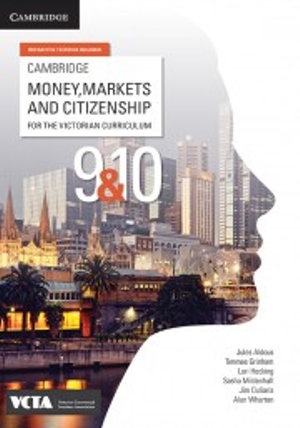 Cambridge money, markets and citizenship for the Victorian curriculum 9 & 10
by
Cambridge money, markets and citizenship for the Victorian curriculum 9 & 10
by
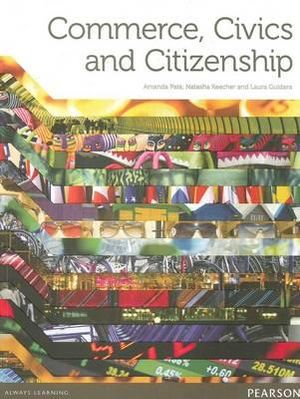 Commerce, Civics and Citizenship
by
Commerce, Civics and Citizenship
by
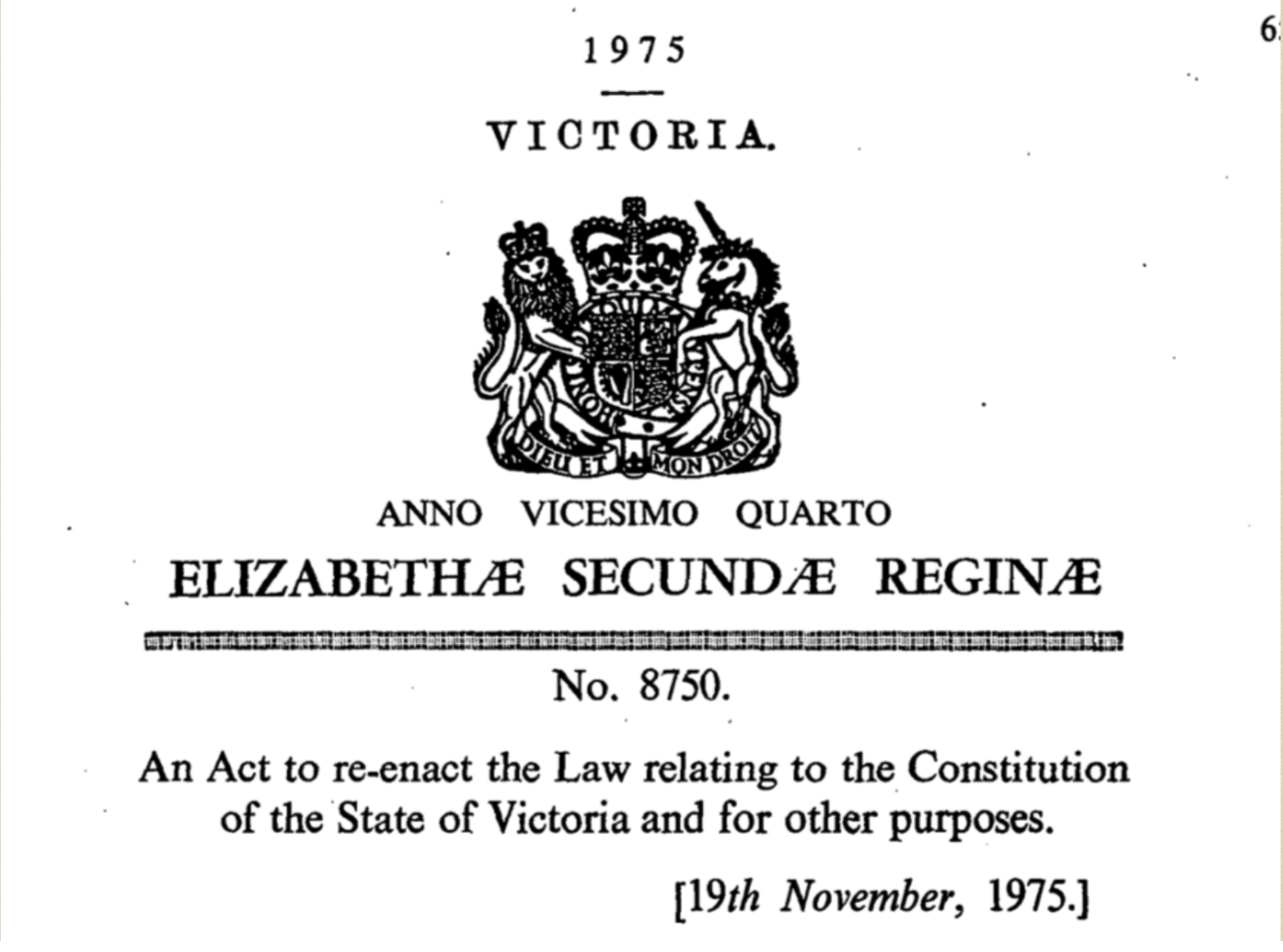 Constitution Act 1975 [Victoria]
Constitution Act 1975 [Victoria]
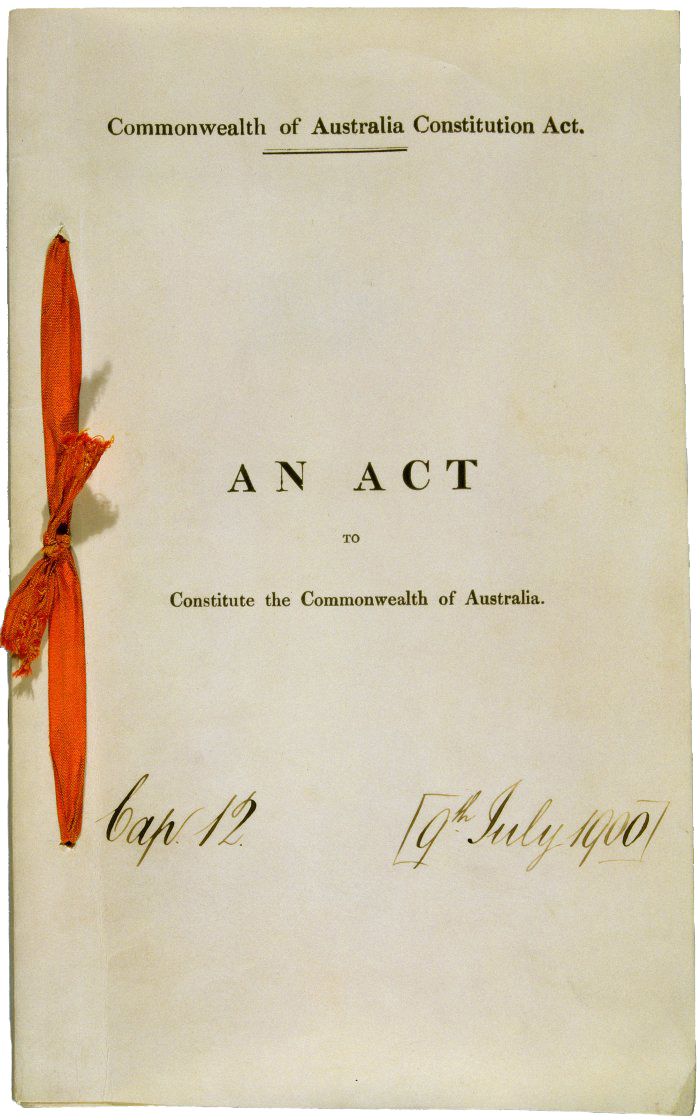 The Constitution as altered to 30 June 1987
The Constitution as altered to 30 June 1987
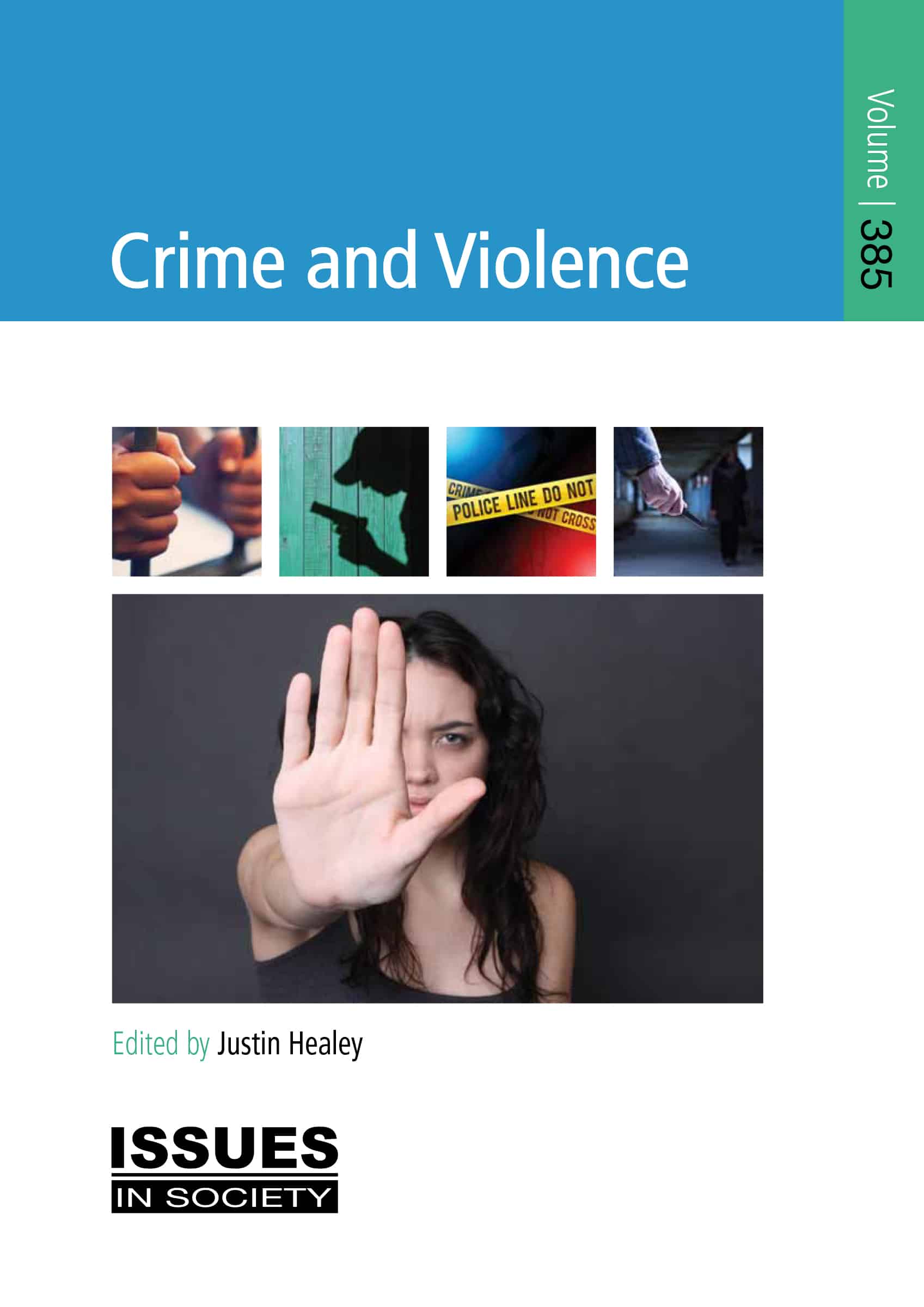 Crime and violence
by
Crime and violence
by
 Easy guide to Australian law
by
Easy guide to Australian law
by
 Economics, business, civics and citizenship for the Australian curriculum 10
by
Economics, business, civics and citizenship for the Australian curriculum 10
by
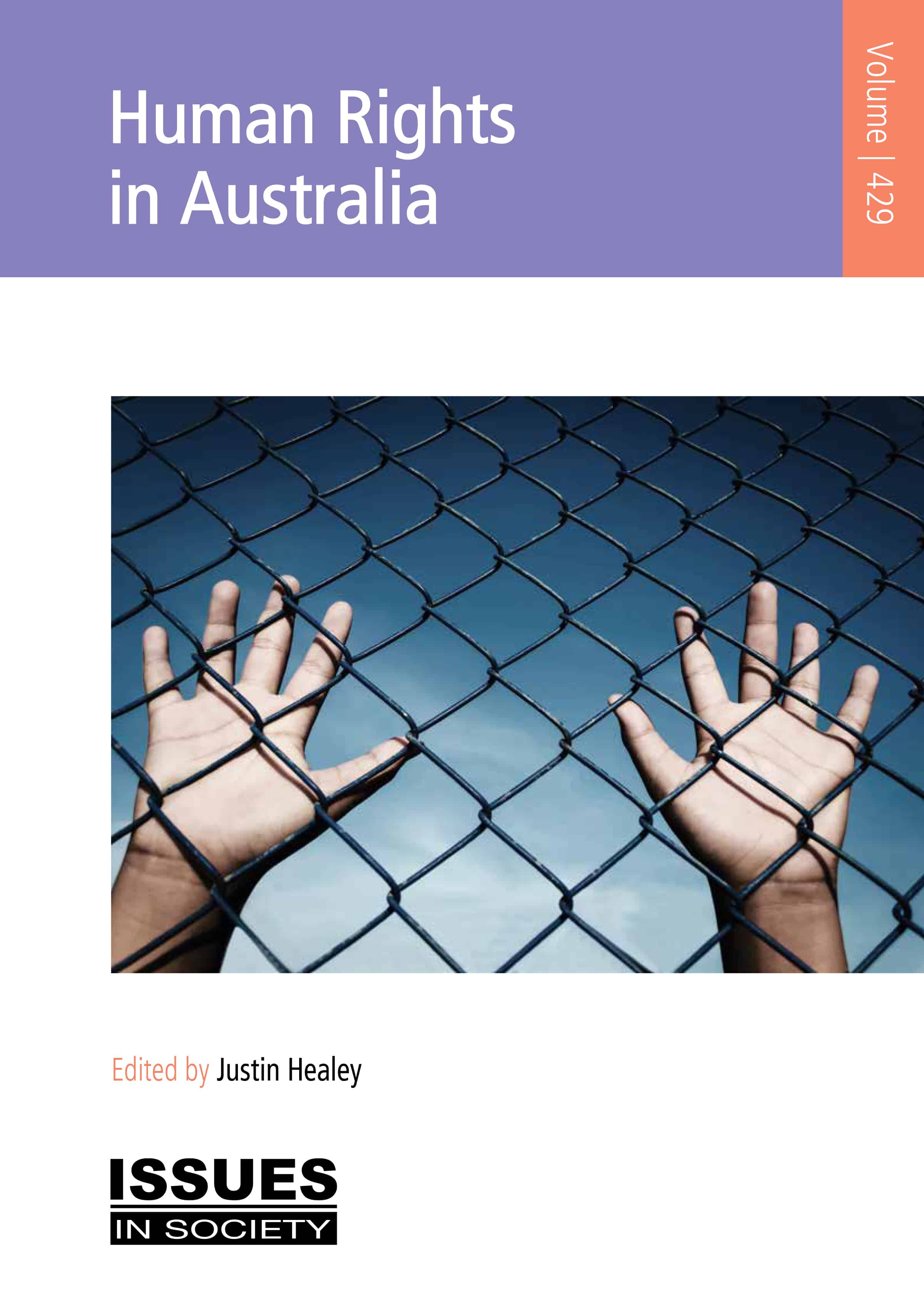 Human rights in Australia
by
Human rights in Australia
by
 Inside the Parliament of Victoria
Inside the Parliament of Victoria
 The law book from Hammurabi to the International criminal court, 250 milestones in the history of law
by
The law book from Hammurabi to the International criminal court, 250 milestones in the history of law
by
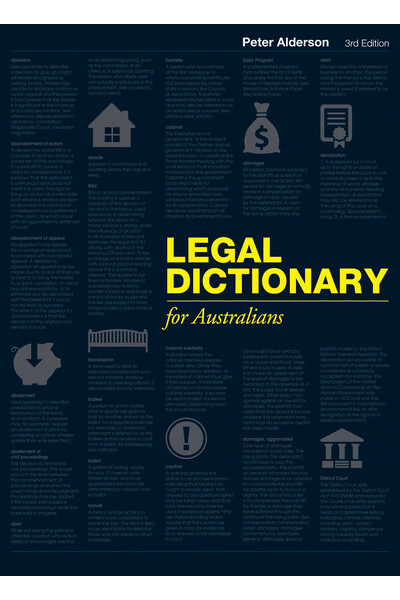 Legal dictionary for Australians
by
Legal dictionary for Australians
by
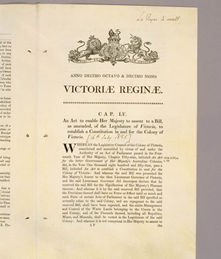 Victoria's constitution : the constitution of Victoria with notes on how it works
Victoria's constitution : the constitution of Victoria with notes on how it works
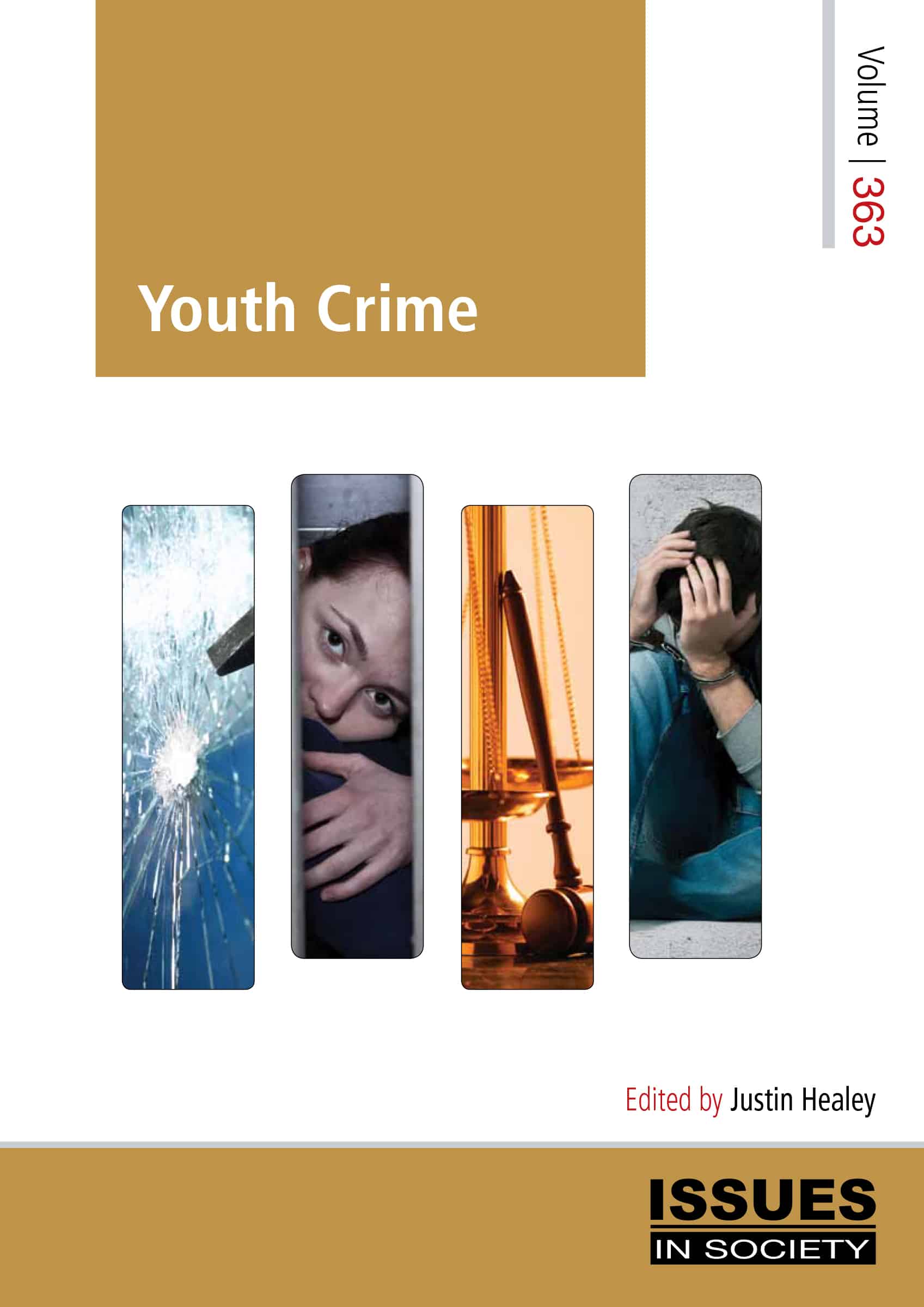 Youth crime
by
Youth crime
by
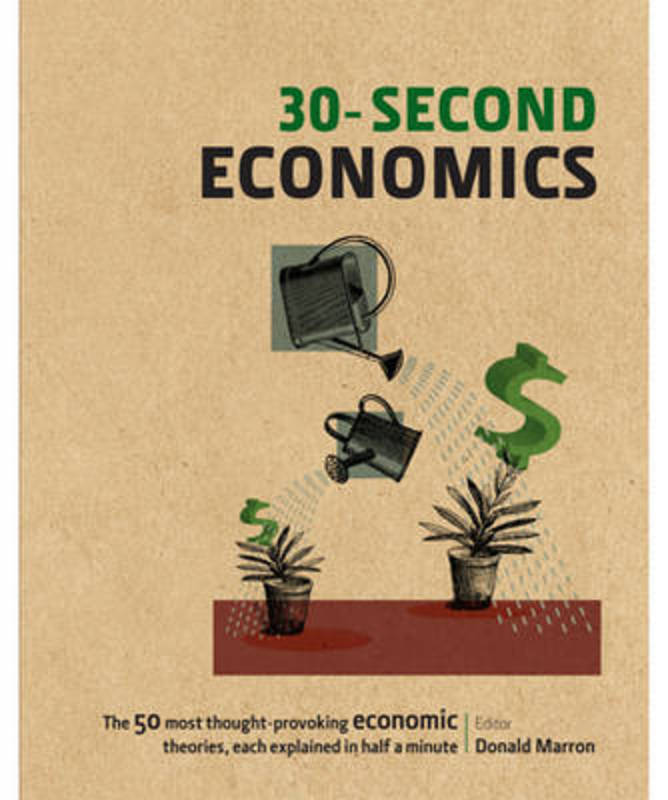 30-second economics : the 50 most thought-provoking economic theories, each explained in half a minute
by
30-second economics : the 50 most thought-provoking economic theories, each explained in half a minute
by
 Australian economics dictionary for students
by
Australian economics dictionary for students
by
 Capitalism
by
Capitalism
by
 Essentials of economics
by
Essentials of economics
by
 Naked economics
by
Naked economics
by